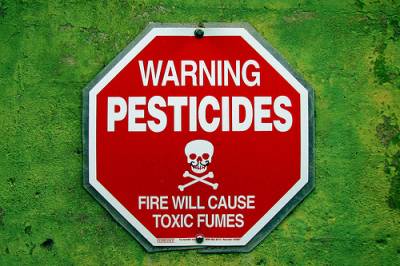More Posts
- Vitamin D Deficiency Link With Dementia Risk & Amp Confirmed
- The Key in Keyhole Salad Gardening
- Disease: Loss Of Pollinators Increases Risk Of Malnutrition
- Pharmaceutical Companies Are Sued For Inciting Epidemic, As Painkiller Addiction And Overdoses Continue To Rise
- Truth: How Vaccine Pushers Conceal

Eggs are just eggs, right? Well, perhaps not. It seems like every time you turn around there is a new phrase on the label of a carton of eggs. Some cartons claim the eggs within are “cage-free” or “free-range,” while others say “pastured” or “pasture-raised.”
All of these terms sound great, but what do they mean for your nutrition? Here is a break-down so you can make an informed decision the next time eggs are on your grocery list.
The vast number of consumer labels affixed to egg cartons can leave a shopper feeling dazed and confused. One carton may label its eggs “Natural.” Another carton may call them “Free Range,” while yet another may claim its eggs are “Certified Organic.” How are thoughtful consumers supposed to know what these labels and claims really mean?
The truth is that the majority of egg labels have little relevance to animal welfare or, if they do, they have no official standards or any mechanism to enforce them. This page is intended as a primer on the main components of good welfare for egg-laying hens, as well as an introduction to what the terms on egg carton labels actually signify. For more specific information, we encourage you to do some research into the hen welfare practices of particular egg producers to get a better sense of how they treat their hens.
Proteins are nutrients that are essential to the building, maintenance and repair of your body tissues such as your skin, internal organs and muscles. They are also the major components of your immune system and hormones.
Proteins are found in all types of food, but only foods from animal sources, such as meat and eggs contain complete proteins, meaning they provide the eight essential amino acids.
Organic, Cage-Free, Free-Range, or Pasture-Raised?
Health conscious consumers know to look for designations like “organic,” “free-range,” “pastured” and “cage-free,” but while you may think these are interchangeable, they're actually not. In many ways these labels are little more than creative advertising.
The definitions of “free-range” are such that the commercial egg industry can run industrial farm egg laying facilities and still call them “free-range” eggs, despite the fact that the birds' foraging conditions are far from what you'd call natural.
For example, regulations on the use of the term …
There are no federal regulations for this term, but if this label is being used with integrity, these eggs come from hens that spend their lives roaming around on fresh pasture with access to shelter. The hens are able to eat their natural diet of fresh greens and bugs, and they can spread their wings and engage in other normal chicken behaviors. Nutritionally, these eggs boast lower levels of cholesterol and saturated fat while offering higher levels of beta-carotene, omega-3 fatty acids and vitamin E.
Please Read this Article at Articles.Mercola.com





Leave a Reply